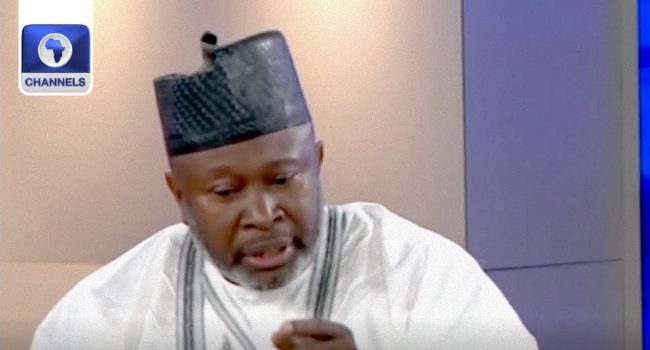Political Leaders in Nigeria Under Spotlight Over Entry Requirements
The qualifications required for individuals to hold public office in Nigeria have come under intense scrutiny, courtesy of Yusuf Dantalle, the chairman of the Inter-Party Advisory Council (IPAC). In a recent appearance on Channels Television’s Politics Today, Dantalle posed a pertinent question about the relatively low barriers to entry for those seeking elected positions in the country.
During the TV show that aired on Friday, Dantalle expressed his concerns about the ease with which individuals can occupy positions of power in Nigeria, pondering the reasons why the standards are not set higher. The chairman’s comments highlight a crucial issue that has sparked debates in many quarters, particularly among Nigerians and observers of the country’s politics.
At the heart of Dantalle’s argument lies the assertion that public officeholders in Nigeria ought to be held to more stringent standards, considering the magnitude of their responsibilities and the significant impact their decisions have on the nation. By questioning the current entry requirements, the IPAC chairman is essentially advocating for a rethink of the qualifications and competencies expected of aspiring politicians in the country.
The issue raised by Dantalle is not isolated to Nigeria, as countries around the world grapple with the challenge of ensuring that public officials possess the necessary expertise and character to effectively serve their citizens. Given the critical role that political leaders play in shaping their nations’ futures, the concerns expressed by the IPAC chairman are legitimate and deserving of careful consideration.
As the debate over the qualifications of public officeholders in Nigeria continues to gain momentum, it remains to be seen what measures the authorities will take to address Dantalle’s concerns. One thing is clear, however: the expectation that politicians should be equipped with the requisite knowledge, skills, and integrity to lead effectively is not unreasonable, and it is one that Nigerians and the international community may increasingly demand.
